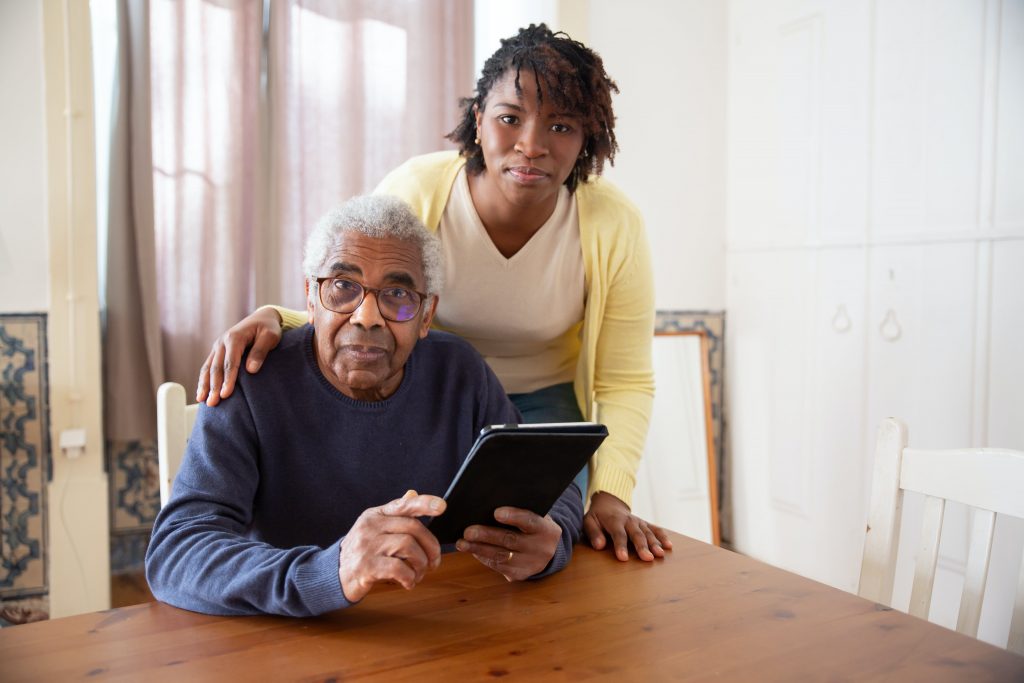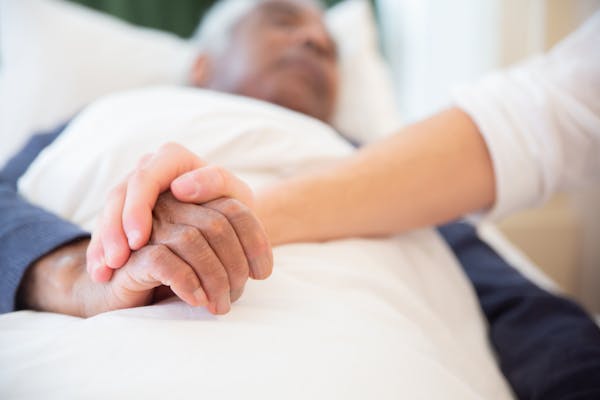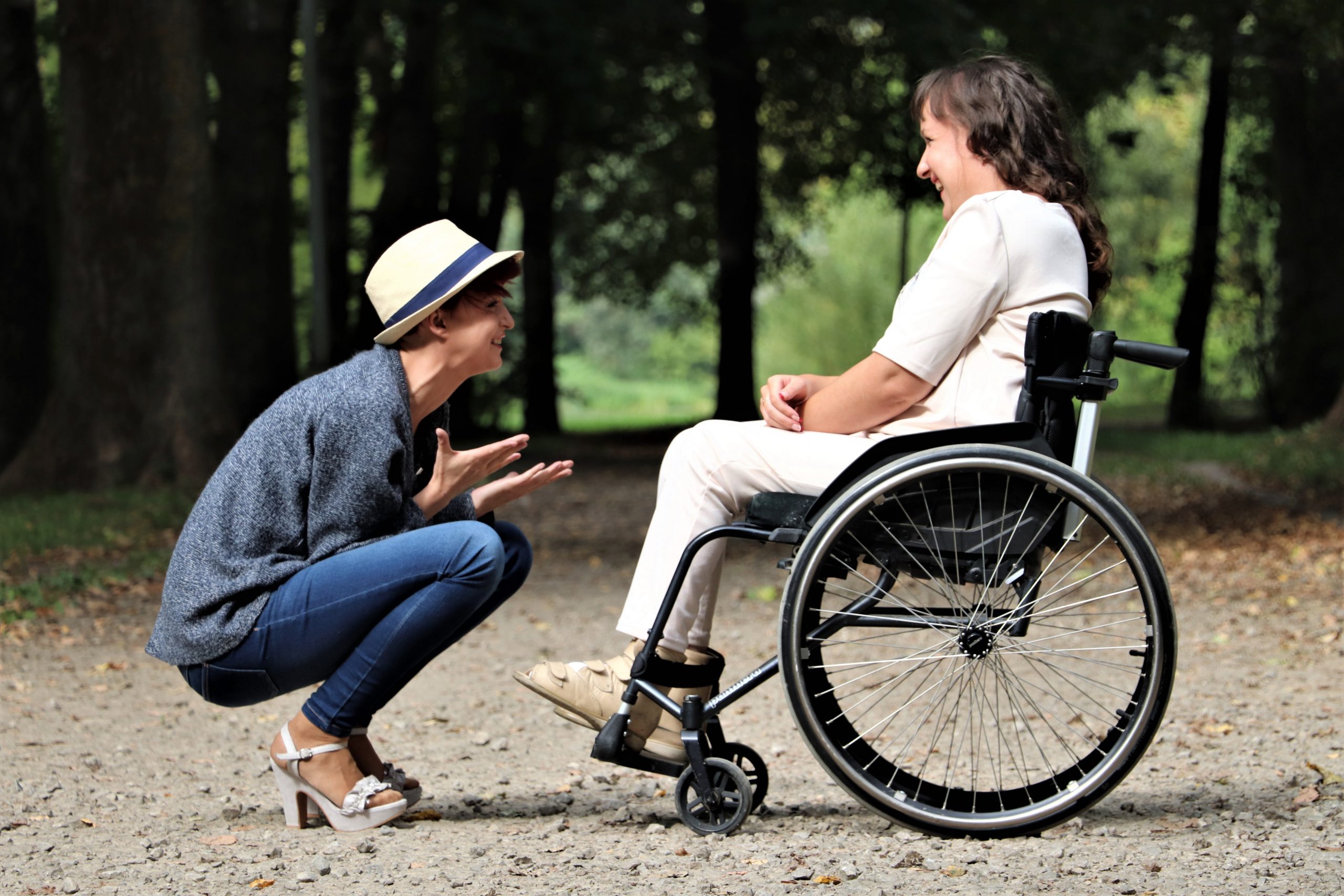Companionship care offers a solution to help your loved ones stay confident, independent, and emotionally supported. It’s not just about providing medical or personal care, it’s about offering companionship, creating meaningful connections, and ensuring they feel valued and supported daily.

Staying connected with friends and family is important
This is something many people face as they get older, and it can have a big impact. A lack of social contact can lead to stress, loneliness, and even depression, and watching your loved ones experience this can be heartbreaking.
What is Companionship Care?
Companionship care is designed to help your loved one maintain their independence at home, with the support of a warm and friendly companion. This care goes beyond just providing assistance. It’s about ensuring that your loved one has someone to talk to, share their thoughts with, and enjoy life alongside.
Whether it’s a few hours of companionship each week or more frequent visits, our carers provide a tailored approach. They’re there to help with simple tasks, like preparing a favourite meal or changing the bedding, but also to offer a friendly face and listen to the stories that matter most to your loved one.
Home companion care is about fostering genuine friendships. Our carers take the time to learn your loved one’s preferences, hobbies, and hopes, ensuring a meaningful, human connection that goes far beyond the typical care provided.

What’s included with our companionship services?
At the heart of companionship care at home is a flexible, personalised service that fits your loved one’s unique needs. Here are just a few examples of what our companionship services include:
- Help with shopping
- Cooking up and sharing great food
- Help with pursuing hobbies, whether it’s needlepoint at home or birdwatching at the local nature reserve
- Support with everyday tasks around the house, like emptying the dishwasher or changing the lightbulb that just went out (again)
- Helping your loved one get where they want to go, whether it’s a friend’s house or the community theatre
- Unexpected outings they’ll talk about for days
What’s the difference between a companion and a caregiver?
While both companions and caregivers provide invaluable support, there is a key difference between the two.
A companion for elderly individuals focuses on emotional support and companionship, rather than providing extensive personal care or medical assistance. Companions help with things like offering conversation, encouraging social activities, and assisting with light household tasks, but their primary role is to combat loneliness and provide meaningful human connection.
On the other hand, a caregiver is typically trained to assist with more complex personal care needs, such as help with bathing, dressing, or administering medication. They can provide a higher level of care for individuals who have specific medical needs or require more frequent assistance.
Ultimately, companionship care helps your loved one feel engaged, valued, and less isolated, making it a wonderful option for those who don’t require intensive medical support but still need a caring companion in their day-to-day life.

